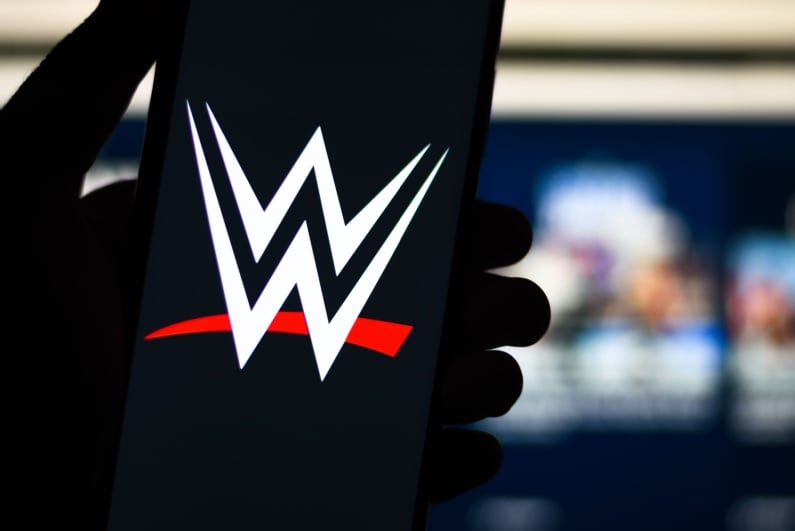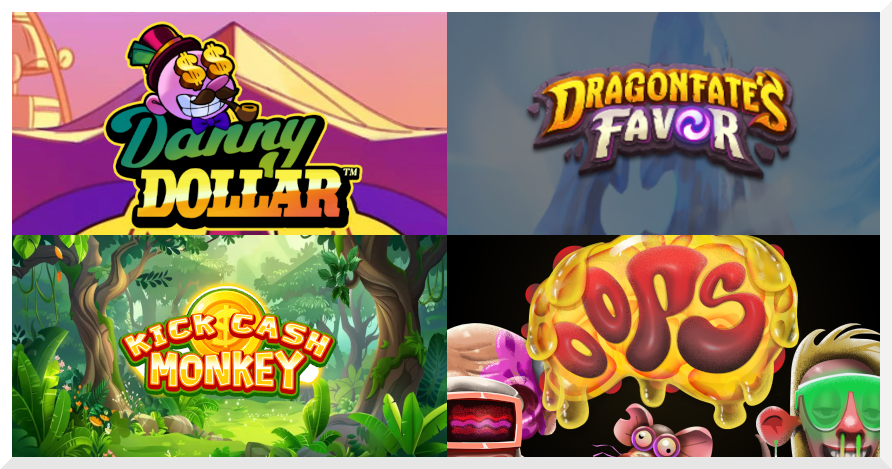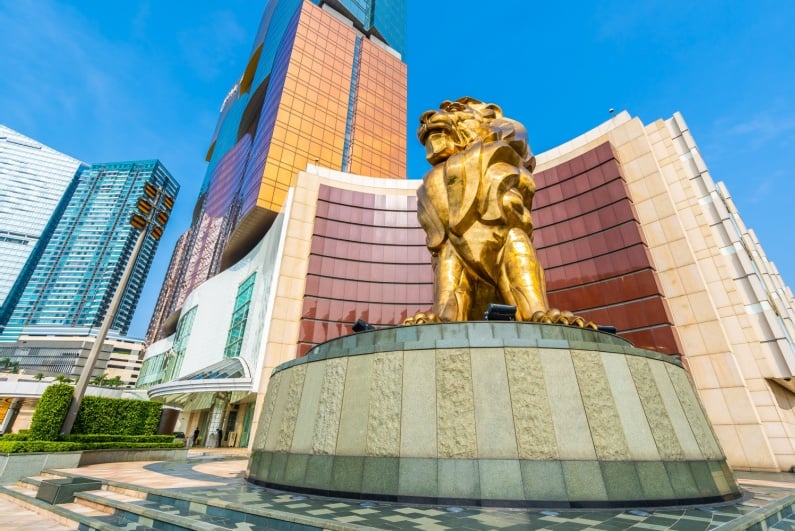
Top News Stories
Casino News
Crime
Most viewed articles
- Dara O’Kearney: End of an Era as “The Chip Race’s” Unibet Sponsorship Comes to an End
- MGM Resorts Laying Off 200+ Contact Center Workers, Reports Suggest
- Casino Refused to Pay Sports Betting Influencer’s $500k Win, Social Media Looking for Answers
- Conman Tipster ‘Moosh’ Filmed Arguments With Sportsbook Staff Over Lifetime Ban
- The MrBeast Experience at Resorts World Las Vegas Doomed to Fail Right From the Jump
- Poker Pro Steve O’Dwyer Lashes Out at Daniel Smiljkovic in Late Reg Rant
- Homeless Man Wins $1m in the California Lottery, Intends to Buy a House
- Deepfake Video of Apple CEO, UK Reporters Promoting Gambling App Prompts Probe
- Drake Wins $100k Off Adin Ross After Female Bodybuilder Outcurls Him
- Wynn Gives Day One Staff $10k in Shares and a Gift to Celebrate 20 Years in Las Vegas
















